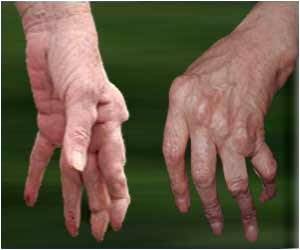There's a fair chance you are going to put on weight, if you don't get enough of sleep states a new study.
No matter which part of the world you live in, if you don't get enough of sleep, there's a fair chance you are going to put on weight, states a new study.
What's more is that it doesn't matter if you're an adult or a child.In one of the first studies to observe cross-sectional relationships between duration of sleep and obesity in both children and adults, researchers have discovered a consistent increased risk of obesity among short sleepers.
The study, led by Francesco P. Cappuccio, MD, of Warwick Medical School in the United Kingdom, involved an orderly search of publications on the relationship between short sleep duration and obesity risk.
Of the 696 studies, the researchers short-listed 12 studies on children and 17 studies on adults based on the inclusion criteria. This involved report of duration of sleep as exposure, body mass index (BMI) as continuous outcome and prevalence of obesity as categorical outcome, number of participants, age and gender.
In children, the study included 13 population samples from the 12 studies, representing 30,002 participants aged between two to 20 years, and found that 7 of 11 studies showed a significant link between short sleep duration and obesity.
In case of adults, 22 population samples from the 17 studies were included that meant a total of 604,509 participants aged between 15-102 years. It was discovered that 17 population samples showed a significant association between short duration of sleep and obesity.
Advertisement
Cappuccio said that this study showed a consistent pattern of increased odds of being a short sleeper if you are obese, both in childhood and adulthood.
Advertisement
He added: "This study is important as it confirms that this association is strong and might be of public health relevance. However, it also raises the unanswered question yet of whether this is a cause-effect association. Only prospective longitudinal studies will be able to address the outstanding question."
The study is published in the latest issue of the journal SLEEP.
Source-ANI
SPH/M











